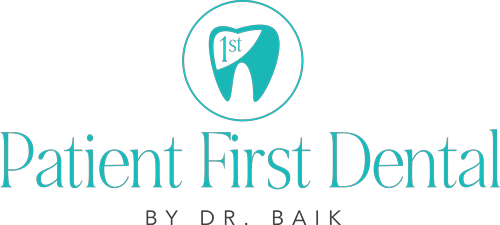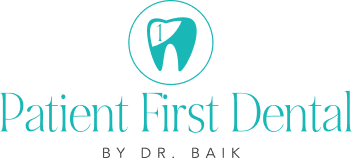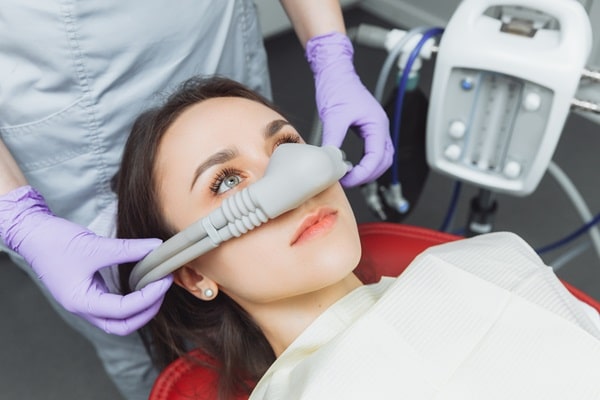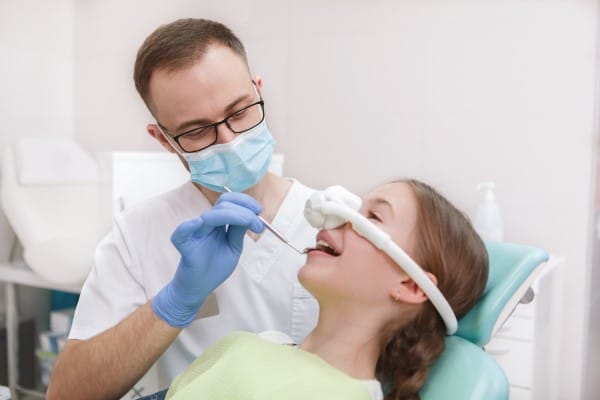Drugs Used In Sedation Dentistry
 As a dental practice, we offer sedation dentistry to patients who struggle with dental anxiety or other issues. We understand how some people who fear the very notion or sound of a dental drill will avoid any checkups like the plague. In some cases, people will avoid treatment and let their teeth continue to suffer because of their anxiety.
As a dental practice, we offer sedation dentistry to patients who struggle with dental anxiety or other issues. We understand how some people who fear the very notion or sound of a dental drill will avoid any checkups like the plague. In some cases, people will avoid treatment and let their teeth continue to suffer because of their anxiety.
However, we can help patients deal with these issues and receive the crucial care they need. Sedation dentistry is about sedation, more than sleep, and its aim is to provide a state of calm in those who get nervous, tense, or anxious.
Sedation Dentistry
Only a trained dentist can perform the administration of sedation dentistry drugs after passing a rigorous program of study by the Commission on Dental Accreditation (CODA). These professionals can administer the sedation dentistry drugs as an oral pill, gas, or as an IV injection. The dentist will decide the best method of sedation after reviewing the duration and difficulty of the procedure, along with the patient’s pain threshold.
The degree of a patient’s pain threshold determines the level of sedation dentistry drug necessary: minimal, moderate, or deep sedation. Dosages of oral drugs range from minimal to moderate. While it is possible the patient will fall asleep, they can wake up quickly if necessary. Inhalation sedation is usually moderate sedation with the patient remaining conscious, less sensitive to pain, and able to speak although words may slur.
Professionals can control the inhalation sedation and the gas wears off quickly. IV injection drugs are usually moderate sedation that gets to work quickly due to injection right into a vein. The dentist can continually adjust the level of IV sedation. Deep conscious sedation drugs have the patient on the edge of consciousness but can still be awake.
We will work with you every step of the way
Do not hesitate to ask about the experience of sedation professionals and ask to view their credentials. It is also important to always confer with your medical doctor to ensure that the sedation meds do not interact adversely with other prescribed meds or chronic medical conditions. Make sure to review any risks with the dentist before the procedure.
Common sedation dentistry drugs
Oral Sedation
Valium, a trade name for the generic drug Diazepam, Midazolam (trade name Versed) Midazolam works well when short treatment procedures are performed.
Other forms of oral sedation medications are Halcion (Triazolam), Zaleplon (Sonata) and Lorazepam (Ativan).
Inhalation Sedation
Nitrous Oxide, is a combination of ‘laughing gas’ and oxygen and has been used for many years in routine dental surgeries.
IV Injections
Commonly used medication is Midazolam and Diazepam. Other IV meds are Meperidine (Demerol), Morphine, Butorphanol (Stadol), Nalbuphine (Nubari), Fetanyl (Sublimaze), Pentazocrine (Talwin), and Pentobarbital Sodium. (Nembutas) Propofol brings about a relaxed state but can be too easy to overdose and thus not recommended.
Call (408) 226-5560 today to reach Dennis Baik, DDS.
[recent-blogs count=4 layout=”horizontal” category=”sedation-dentist-cat,dental-anxiety-cat,dental-practice-cat,dental-office-cat,dental-center-cat,find-a-dentist-cat”]



